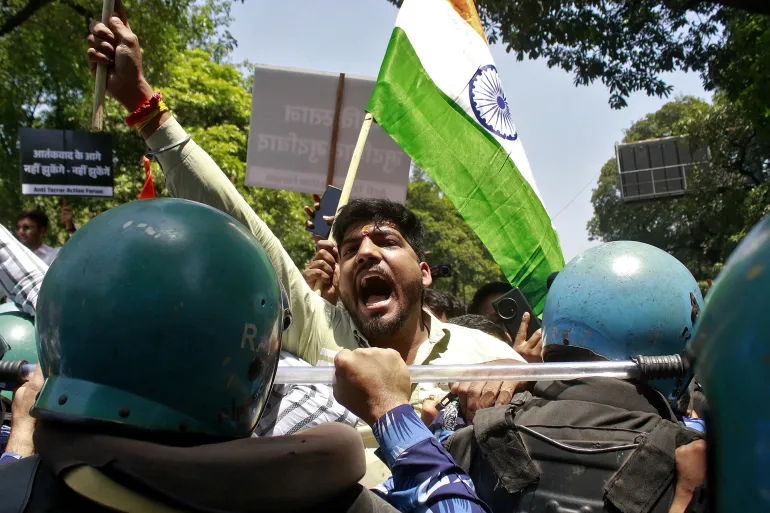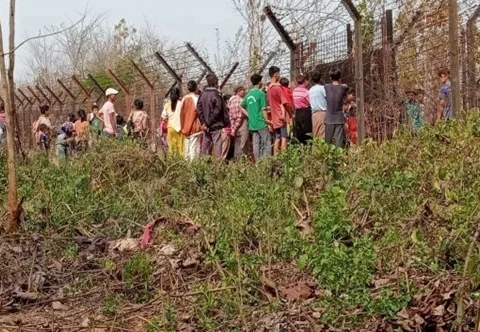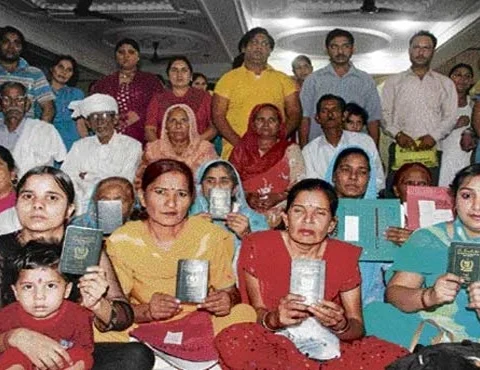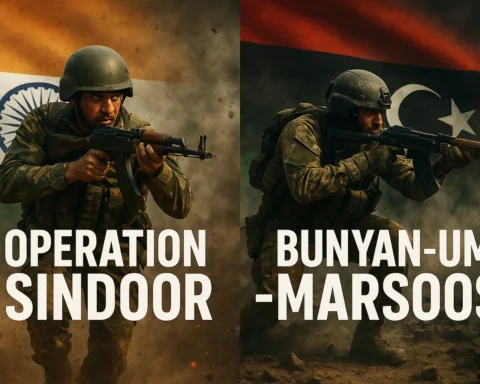Jalandhar, India –
Days after a brutal attack in Pahalgam, Kashmir, that left 26 Hindu pilgrims dead and scores wounded, Kashmiri Muslims living in Indian cities like Jalandhar, Dehradun, Lucknow, and Jammu are facing mounting hostility and collective punishment.
In Jalandhar, 23-year-old Kashmiri student Aasif Dar now hides indoors after being threatened on the streets. “It’s like we’re cursed,” he said. “I’ve done nothing wrong, yet I’m being punished.”
Reports indicate a coordinated campaign by far-right Hindu groups urging landlords to evict Kashmiris and threatening violence. In Dehradun, Hindutva leader Rajeev Sharma publicly gave Kashmiris a deadline—leave the city by 10 am or face consequences. Many fled overnight. Others are sleeping in mosques or airports, too afraid to remain in their hostels.
Social media has played a major role in amplifying the hate. Viral videos show saffron-clad men barging into Kashmiri accommodations, demanding proof of identity, and accusing students of “sheltering terrorists.” Some videos were shared by verified accounts of Hindu nationalist influencers.
In Jammu, even Muslim-majority areas aren’t safe. Local resident Mushtaq Wani, who works in real estate, said that five of his Kashmiri tenants were evicted overnight, despite paying rent on time. “There’s no logic,” he said. “Only hatred.”
The Pahalgam attack has worsened already fragile intercommunal relations. India blames Pakistan for sponsoring the violence, while Pakistan has denied involvement. Still, the brunt is falling on ordinary Kashmiris, especially students and migrant workers who moved to Indian cities in search of education or livelihood.
Kashmir’s Chief Minister Omar Abdullah has urged state governments to intervene. “Kashmiris are not responsible for what happened in Pahalgam,” he said. “If they face harm, it will only deepen the divide.”
Meanwhile, law enforcement has made few arrests. And for thousands of Kashmiris across India, fear has replaced the promise of opportunity. “I came here to build a life,” said Dar, “but now I just want to survive.”







